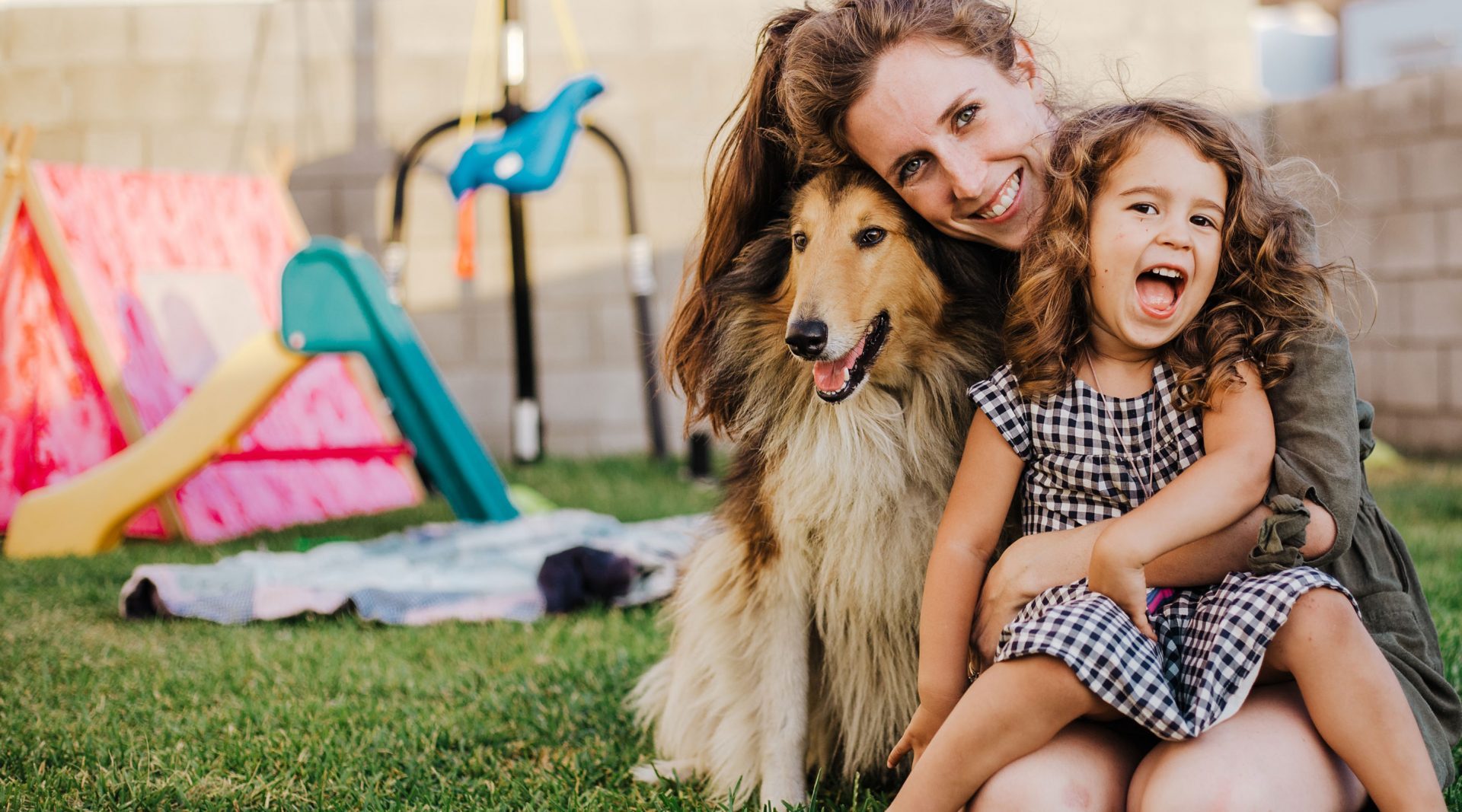
Family Support & Inclusion
Andi-Lynn James – Family Support & Inclusion Specialist
Phone: (613) 661-5426
Email: andi-lynn.j@trentonmfrc.ca
The Family Support and Inclusion Specialist is here to support the needs of all military and veteran families by offering confidential support, information, referrals and unique programming to family members with exceptionalities and complex needs. Learning to navigate the social services in a new community is stressful; our Family Support and Inclusion Specialist can help.
The following services are offered:
- Assistance in applying for funding opportunities
- Information sessions
- One-on-one sessions
- Referrals to community agencies
- Support and resources
- School meeting support
PROGRAMS
EXCEPTIONAL PARENTS:
A support group for caregivers of individuals with exceptional and complex needs. Connect with other families in your community and discuss topics that affect and interest you. Gain support and insight from local families. Runs once a month from September – June.
PEERS®:
The UCLA Program for the Education and Enrichment of Relationship Skills (PEERS®) is a manualized, social skills training intervention for adolescents and young adults. This program has a strong evidence- base for use with teens and young adults with Autism Spectrum Disorders (ASD) but may also be appropriate for teens and young adults with ADHD, Anxiety, Depression, Fetal Alcohol Spectrum Disorder and other socio-emotional problems. It includes 14 consecutive weeks of training with both a teen/young adult and a parent component which occur simultaneously. PEERS is designed for motivated teens in the 7th-12th grade who are interested in learning ways to help them make and keep friends. During each group session teens are taught important social skills and are given the opportunity to practice these skills in session through role plays and during real play activities (e.g. playing sports, board games, etc.). Each week there is a “homework” component in which the teen is encouraged to practice their new skills. Parents are taught how to assist their teens in making and keeping friends in their group session and are expected to provide feedback to their teen through coaching during weekly socialization homework assignments.
Building Blocks is an 5-week program taking place once a week, with each session lasting an hour and a half. Building Blocks is a program that uses Lego as a tool in a structured and inclusive way to increase motivation to participate and positive interaction with peers. Throughout the program the children will be using and developing social skills, building strategies such as sharing, taking turns, making eye contact, problem-solving, self-regulation, practicing patience, and using fine motor skills. Each week the children will be working in small groups where they will be given a role to assist in the completion of building a Lego set.
Emotionally Empowered Kids is a 6-week program offered twice a year. The program is specifically tailored to empower children aged 8 -12 with the essential skills to understand and manage their emotions effectively. Our curriculum, which blends interactive exercises, games, and discussions makes learning about emotions both educational and enjoyable. Each week is carefully crafted to build upon the previous one, fostering gradual but significant progress in emotional regulation.
Children’s Friendship Training is a 10-week, evidence-based, group-format, parent-assisted social skills intervention for children ages 8 – 12. It has been proven effective with verbal children who have high-functioning Autism, Asperger Syndrome, PDD NOS, ADHD, Oppositional Defiant Disorder, and prenatal alcohol exposure. This program was developed at the University of California, Los Angeles (UCLA), where it has been used and studied for over 20 years with more than 1,000 families. This training is geared towards motivated children who are interested in learning ways to help them make and keep friends. During each group session, children are taught crucial social skills and are given the opportunity to practice these skills in session during role-play and play activities (e.g. sports, board games, etc.). Parents are taught how to assist their children in making and keeping friends by providing feedback through coaching during weekly socialization homework assignments designed to build on skills practiced in the sessions.
RESOURCES
A collection of tips and tricks, how-to’s, and helpful information sessions put together by the Family Support and Inclusion team for families to access at their convenience.
- Speech and Language – Tips and Tricks for Preschoolers
- Social Skill Development
- Toddler and Preschooler Development
- Promoting Engaging Learning Environments
- IEP/IPRC Virtual Chat
- Sensory 101
- Red Flags for Literacy
- Picky Eating
Toolkit for Children & Youth
This Family Support and Inclusion Toolkit is an information package to assist in navigating the resources available for all military families supporting an individual with special needs associated with CFB Trenton. This toolkit will explain the process of who is qualified to provide a diagnosis, next steps, financial options, understanding the terms and acronyms and navigating the Ontario School System. View Toolkit for Children & Youth.
Toolkit for Adults
This toolkit speaks to individuals with special needs who are seeking guidance and support as well as parents and caregivers who are supporting an individual with special needs transitioning into adulthood. View Toolkit for Adults.
Respite Services
Respite services are accessed through Deployment & Frequent Absences as well as Family Support and Inclusion programs. Email respite@trentonmfrc.ca to determine eligibility.
